Michigan is 2.3% toward 2030 EV registration goal
Energy expert says 2 million EVs would double demand for energy
Gov. Gretchen Whitmer’s MI Healthy Climate plan assumes that 2 million electric vehicles will drive on Michigan roads by 2030, contributing to a reduction in tailpipe emissions.
So far, 46,792 EVs have been registered in Michigan. The state has completed 2.3% of its 2030 registration goal, with 1.95 million left. To reach that goal, Michiganders must register more than 29,000 EVs monthly for 67 months.
Michigan targets 23% of its 8.6 million vehicles to be EVs by 2030.
As of 2018, Michigan’s transportation sector accounted for 28% of the state’s total greenhouse gas emissions.
Jonathan Lesser, a senior fellow at the National Center for Energy Analytics, has over 35 years of experience working and consulting for governments and regulated utilities.
A challenge of mass EV adoption is that currently, electricity and the power sources fueling it — nuclear, natural gas and coal — don’t also have to fuel the 6.3 million registered gas vehicles statewide or another 327,100 vehicles guzzling diesel.
Electric vehicles increase electricity load. The more vehicles that plug into the grid to charge, the less energy remains for electricity previously demanded by hospitals, 24-hour manufacturing, and energy-intensive technology businesses such as data centers.
Lesser says poor weather deters Michigan from relying on wind and solar to produce more energy.
“Even if you carpeted the state with wind turbines and solar panels, you’re not going to generate enough electricity - especially when you require everybody to drive an electric vehicle,” Lesser told CapCon in a phone interview.
In 2022, renewable energy sources provided 12% of electricity generated, according to the U.S. Energy Information Administration.
The Environmental Protection Agency set new rules for light-duty and medium-duty vehicles from 2027 through 2032, requiring about 67% of new car sales to be electric.
“Dealers will be forced to buy cars that they can’t sell,” Lesser said. “And they won’t be allotted cars that they want to sell that customers want to buy.”
Lesser said Michigan will miss its 2030 EV target of 2 million, which, if achieved, would double the electricity demand.
“Where are you going to get all the electricity? It will not come from wind and solar,” Lesser said. “That’s simply impossible.”
Another expert agrees.
“There is a broad and growing consensus that transitioning to renewable energy is becoming more and more dangerous,” said Jason Hayes, director of energy and environmental policy at the Mackinac Center. “At the recent CERAWeek meeting in Houston, former Energy Secretary Ernest Moniz recognized the growing problem with energy supplies as well. Moniz noted that the energy needs to power AI and data centers would leave utilities scrambling for energy and relying on natural gas, nuclear, and coal.”
A 2024 Guidehouse Insights report commissioned by the Michigan Economic Development Corporation says adding widespread EV adoption to the current demand for electricity will put an “enormous strain on the aging power grid.”
The U.S. Department of Energy says the Wolverine State has 1,533 station locations with 3,577 charging ports. Michigan aims to build 100,000 charging stations by 2030.
Michigan Capitol Confidential is the news source produced by the Mackinac Center for Public Policy. Michigan Capitol Confidential reports with a free-market news perspective.

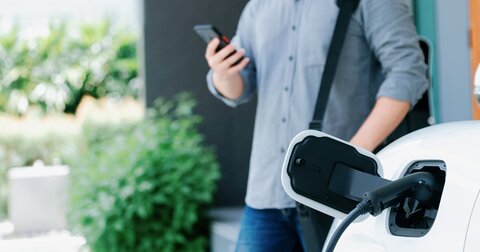
 State climate conference to tout clean energy plans that will raise electricity costs
State climate conference to tout clean energy plans that will raise electricity costs
 Michigan State Police lease first EV at $1,062 per month
Michigan State Police lease first EV at $1,062 per month
 Electric vehicles scar the environment
Electric vehicles scar the environment


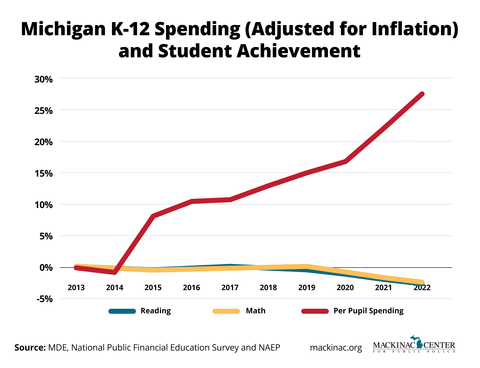
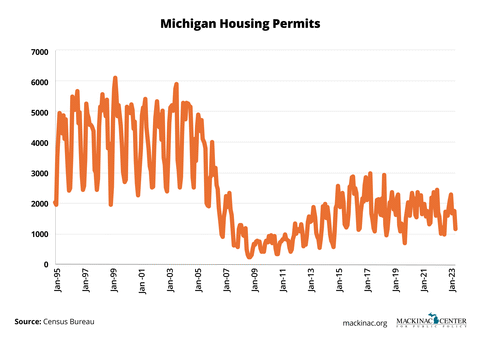
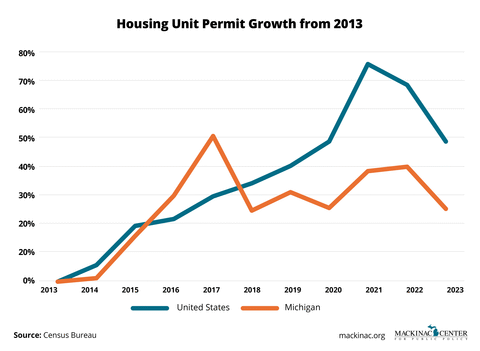
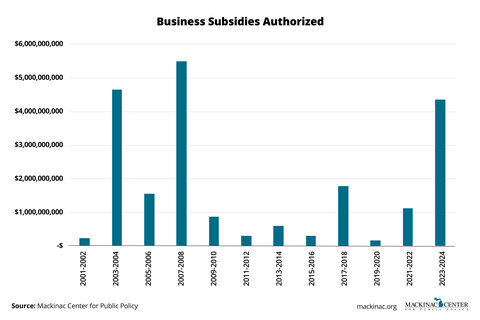


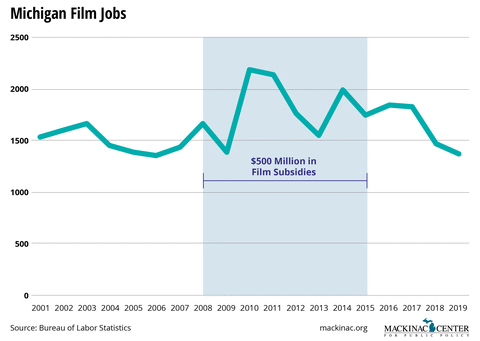
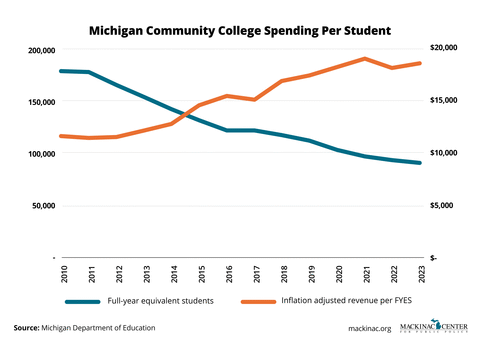
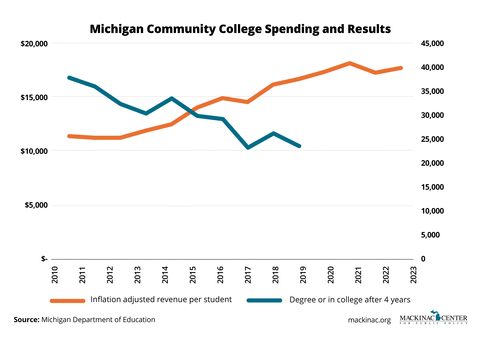
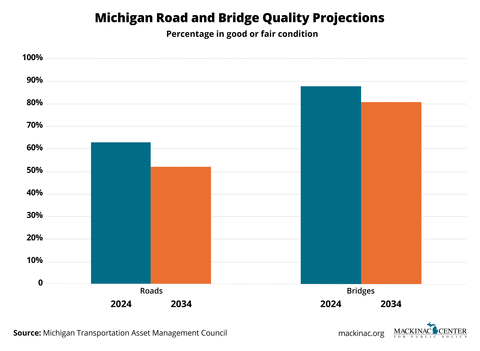
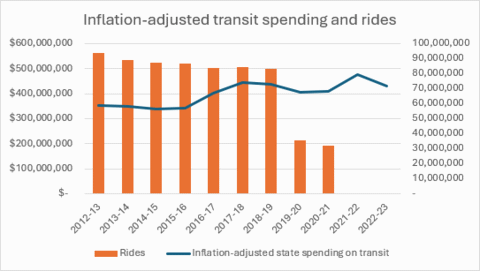
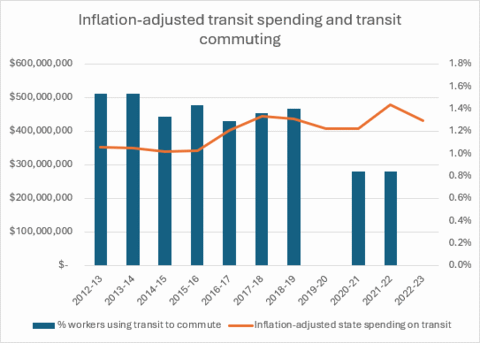
 In Michigan, regulations contribute to high housing costs
In Michigan, regulations contribute to high housing costs
 Michigan pays $4M monthly to lease 5,783 vehicles
Michigan pays $4M monthly to lease 5,783 vehicles
 Michigan’s efforts to boost housing are far short of what is needed
Michigan’s efforts to boost housing are far short of what is needed